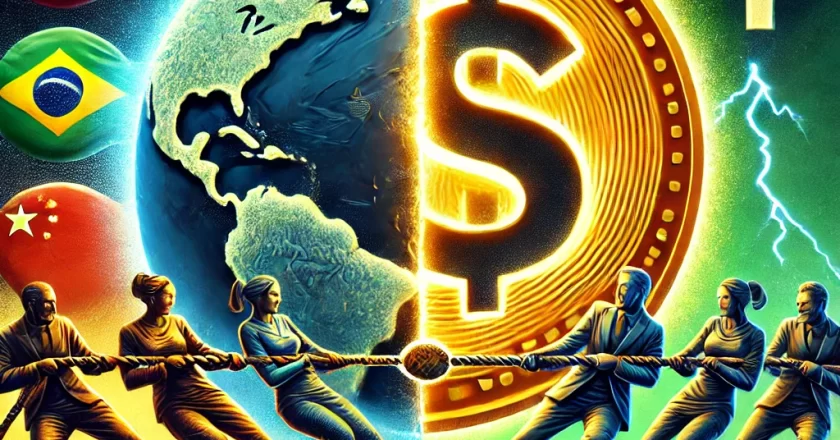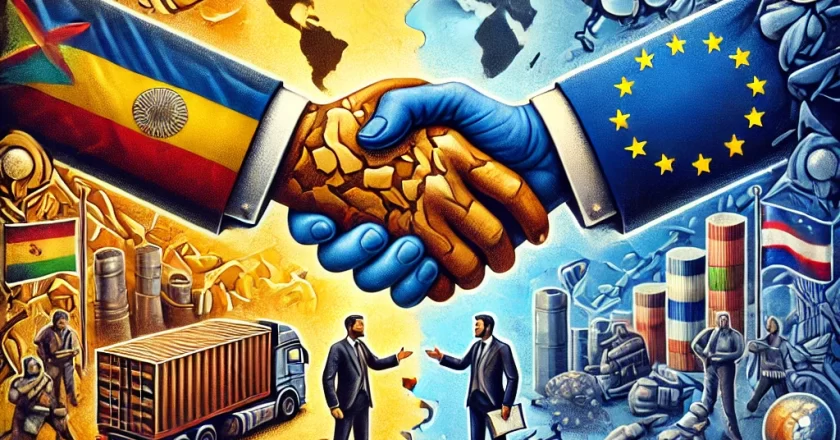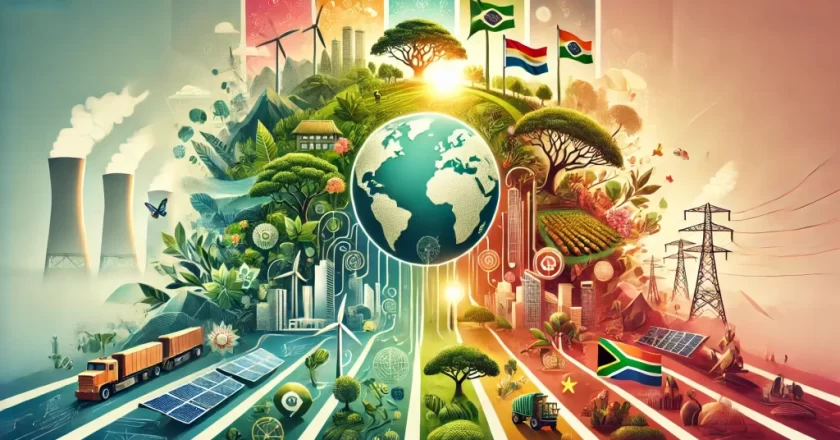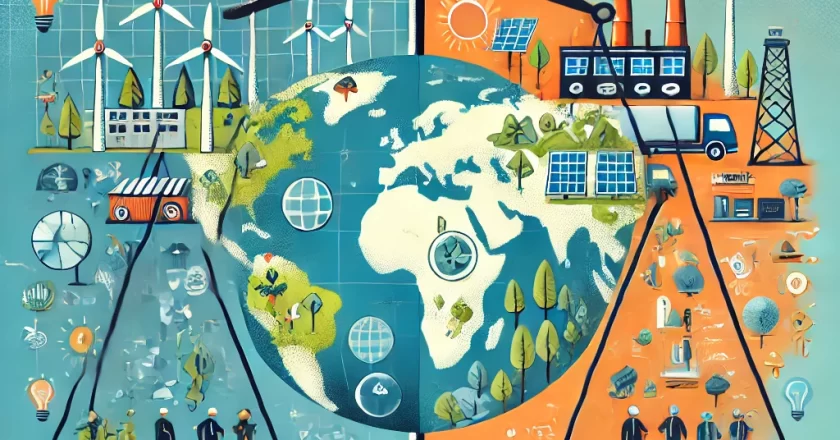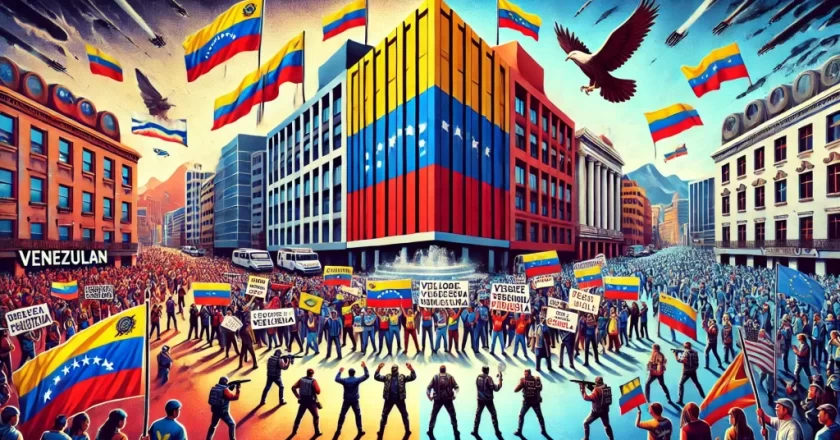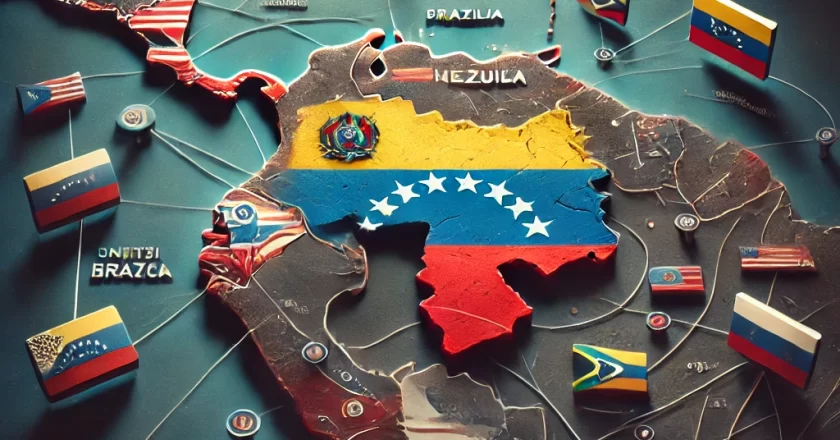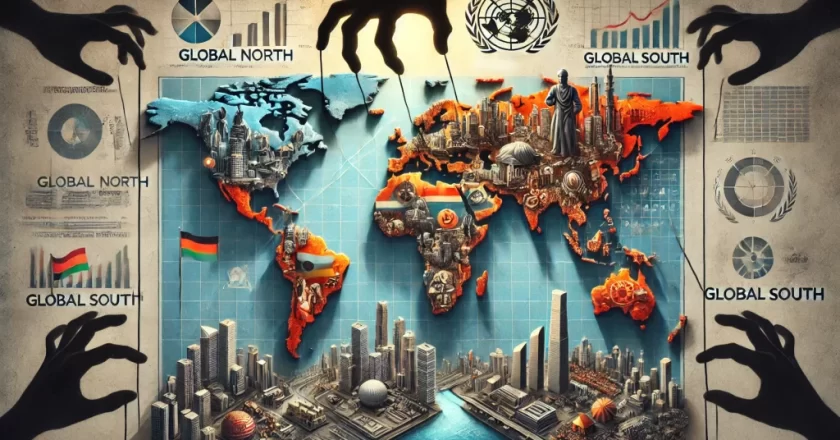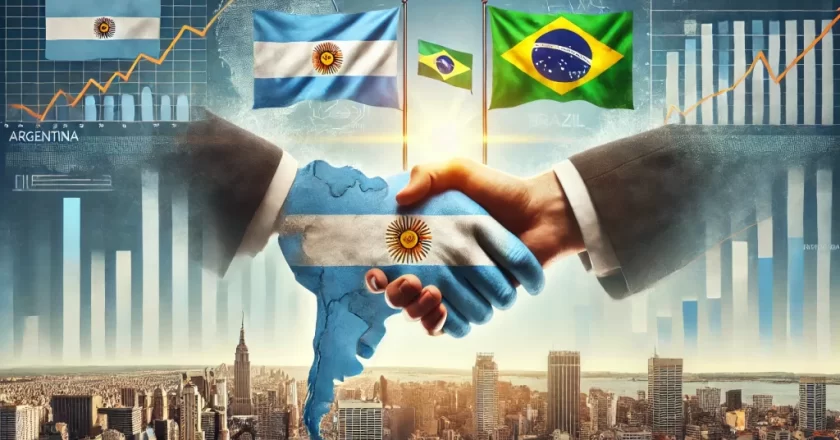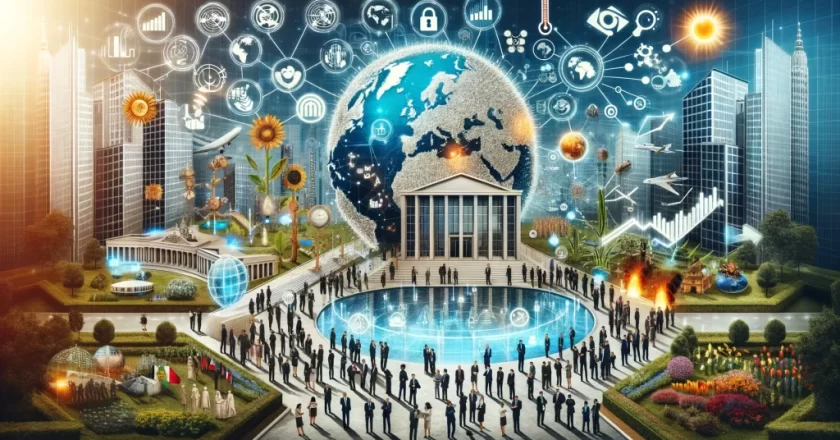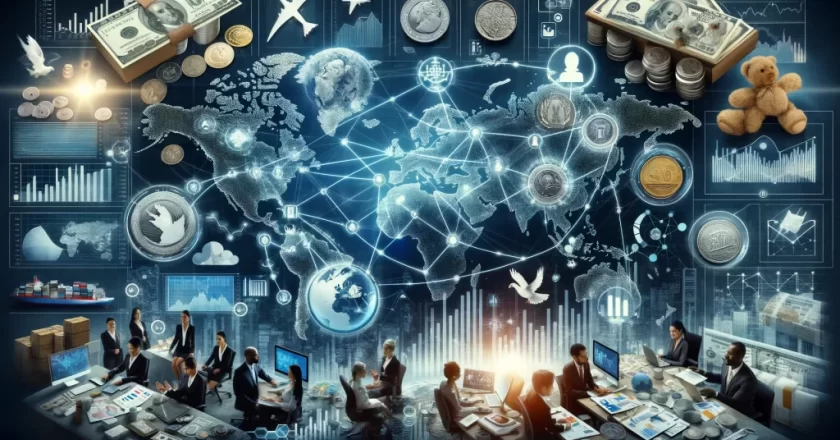Trump's threat to BRICS: the single currency and the struggle for global economic hegemony
In an international scenario marked by growing geopolitical tensions, former president Donald Trump reignited global debates by threatening to tax 100% products from BRICS countries if they move forward with the creation of a single currency. By proposal, which seeks to reduce dependence on the dollar and strengthen economic cooperation between Brazil, Russia, India, China and South Africa, has raised crucial questions about the role of institutions and norms in global governance. From the perspective of Robert Keohane, international relations theorist and defender of liberal institutionalism, This situation can be understood as a clash between the search for hegemonic power and the interdependence that characterizes the contemporary international system.
The creation of a single currency by BRICS would be, undressed...

